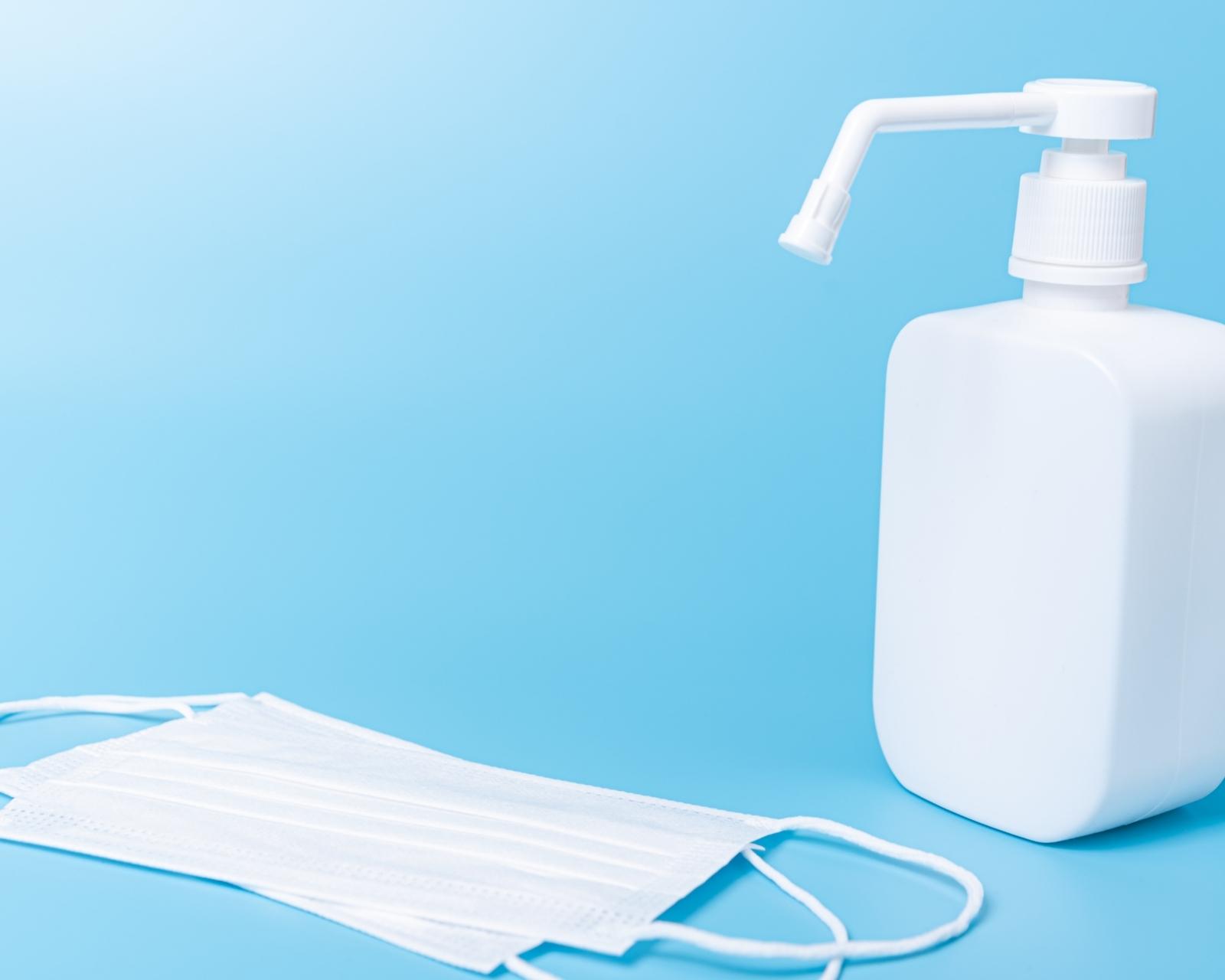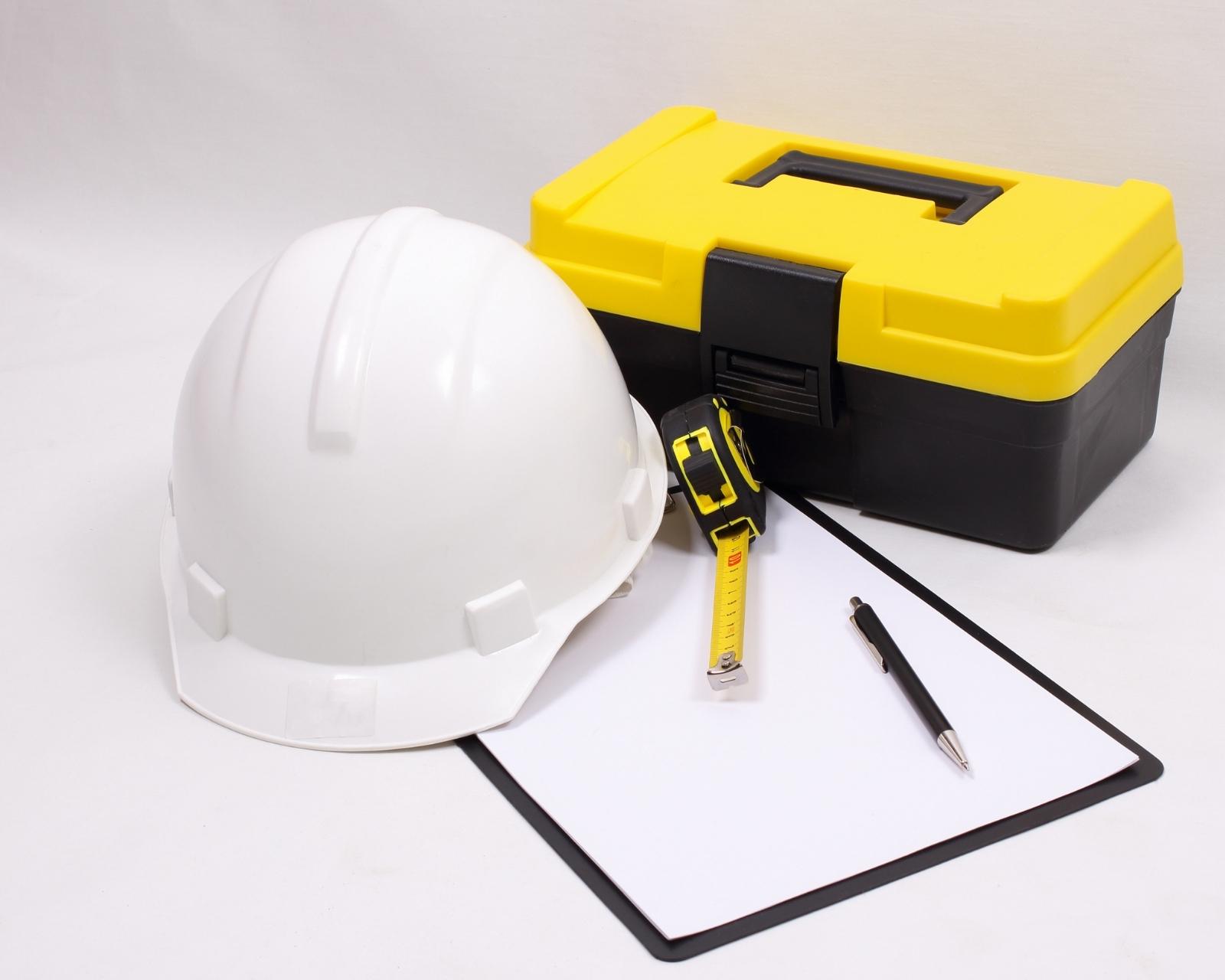How to Write a Nursing Department’s Scope of Service?
If you are a nursing department leader, it is important to have a clear understanding of what services your department provides and the scope of service that you provide to your patients. This document can help you stay on top of changes with the medical industry and ensure that your patients always receive the best possible care.
If you are a nursing department leader, it is important to have a clear understanding of what services your department provides and the scope of service that you provide to your patients. This document can help you stay on top of changes with the medical industry and ensure that your patients always receive the best possible care.
Introduction: describe the purpose of a nursing department’s scope of service
A nursing department’s scope of service defines the specific services that the department provides. The scope of service can include a wide range of services, from providing basic medical care to providing more specialized care. It’s important for nursing departments to have a clear scope of service so that patients know what to expect when they go to the department. Additionally, the scope of service can help nurses and other staff members understand what services they are responsible for providing.
The nursing department is a multinational, multicultural group of nursing personnel with a mix of professional nurses, specialty technicians, and nurse aides/assistants. At present, our department operates with the following personnel:
Nursing department provides holistic nursing care to all patients having acute and chronic medical and surgical conditions. The nursing department covers the services provided in the following areas:
Nursing care is provided in the following settings:
Nursing scope of service highlights
Care
provided by trained, competent staffs functioning according to their job descriptions. They are part of the multidisciplinary team in patient care and are able to give health teaching and counseling related to the patient’s conditions.
All nursing staffs are mandated to be certified in BLS and registered nurses for ACLS, PALS and NRP advantageous for critical/specialized areas at least the head nurse and or the shift leader.
Policy
To provide a high degree of services, the nursing department staffs are following a process / policy in any patient care issues and staffing issues in a prompt manner with respect and
compassion.
Teamwork
Maintaining an excellent nursing care, the nursing department complete work force continue its process working together in meeting the needs of every staff and patient health needs in accordance with regulatory standards: local and international adhering to the organizational and departmental policy and procedures.
Refresher
A mandatory orientation (mandatory/departmental/unit specific) is conducted to new hires, case presentations year-round is done, and competencies are checked regularly.
For the staff development, a continuous nursing education: updates, trainings and seminars either in-service or outside facilities are offered to the nursing staffs including inter-unit cross training for increased skills in all the specialties.
Scope
Scope of services is developed for each clinical area reviewed at least annually and updated as changes occur.
Patient care is staffed with skilled, competent unit supervisor where applicable, head nurse, staff nurses, nursing aides, ward aides, porters and technicians working in all inpatient units including emergency room 24 hours a day 7 days a week.













